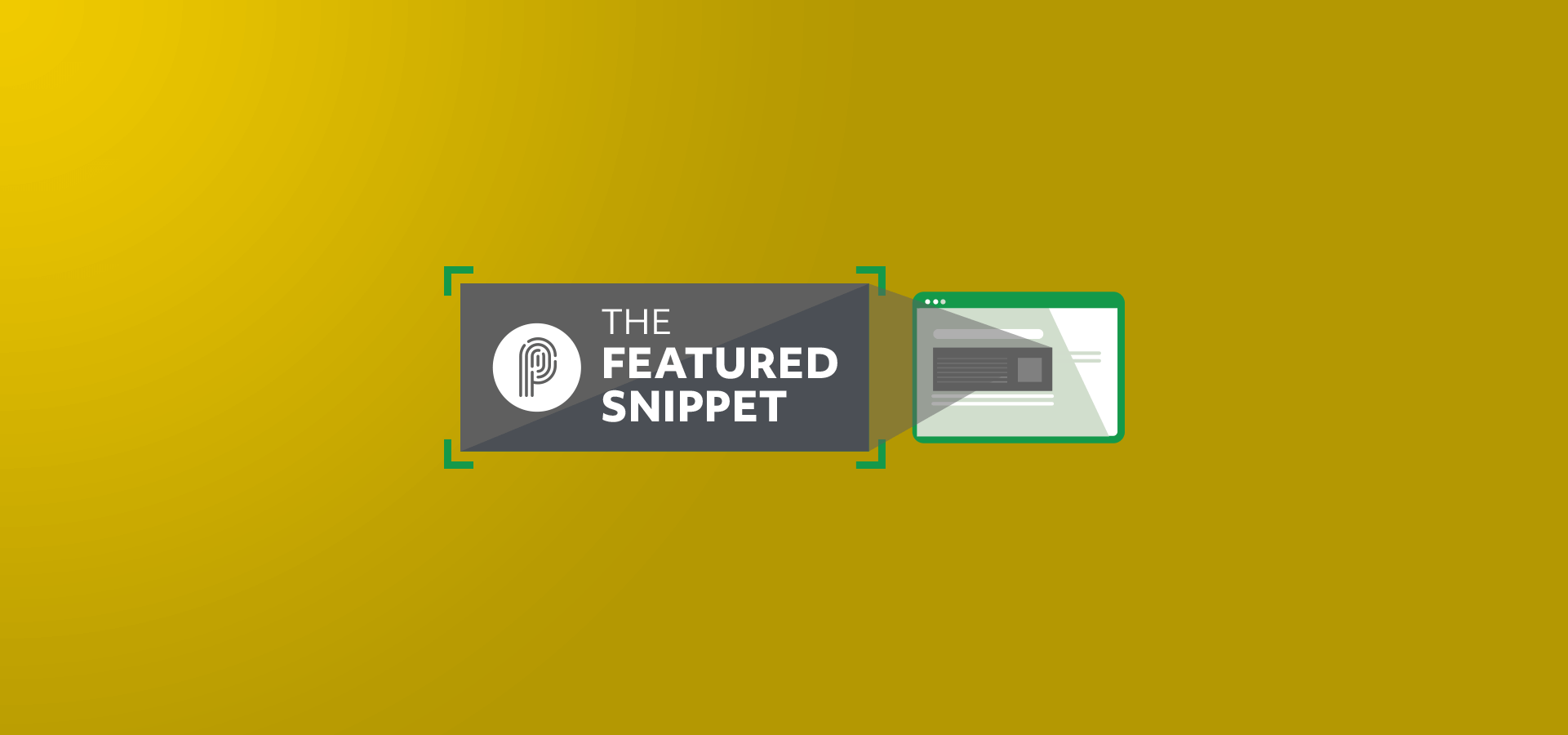

The Featured Snippet is the official SEO newsletter of Performics and is dedicated to keeping you update-to-date with the latest SEO industry news, trends, and events—all in an easy-to-read, summed-up format. See below for the latest version of The Featured Snippet:
In the December 2019 issue of The Featured Snippet:
Google rolled out its BERT algorithm update in October 2019, which allowed its algorithm to understand queries that are more human-like (queries that are more natural language and conversation based). Google called this update the “biggest leap forward in the past five years and one the of the biggest leaps forward in the history of Search” and also stated that BERT will affect 1 in 10 searches.
When it was rolled out, BERT was only available for English queries. However, Google announced in December that BERT is now available for 70 languages internationally. Below is the official announcement from Google:
Below is the entire list of languages that BERT now supports:
BERT will continue to affect 1 in 10 searches—but now internationally in 70 different languages.
Resources:
Requesting Submission No Longer Required
Prior to December 2019, news publishers were required to request submission to Google News in order to be included within its index. With the update, Google announced that publishers no longer need to request submission for the Google News app or website, and publishers are automatically considered for top stories or the News tab of Search.
Google News Now Uses BERT
Google announced that Google News will now be using BERT models, along with other machine learning techniques, to examine related articles and group them up into carousels. Google explained that when there are multiple stories related to a user’s search query, they will now organize results by story, so it’s easier to find what’s most useful and relevant.
Google provided anexample of what this new format looks like with the query “NASA news.” The grouping carousels Google displays are for “NASA adds five companies to moon bid” and “NASA detects water vapor on Jupiter’s moon Europa.” It also adds additional results under “Also in the news.” The below screenshots show what Google News in SERPs looked like before the update and after the update:
Before update:

After update:

Speakable Markup Works Outside of News Content
Danny Sullivan confirmed on Twitter that Speakable Schema.org markup, which allows search engines to identify content to be read aloud via Google Assistant, is no longer restricted to news content. Below shows what Danny Sullivan had to say on Twitter:
Resources:
New Messages in GSC
Messages within the GSC platform can now be accessed from anywhere in the platform. Users will also be able to access these messages without leaving reports. This report allows Google to streamline the way they deliver their messages. Older, archived messages are currently located in the older, archived version of the platform. These are located in the sidebar section labeled “Legacy tools & reports.”
Google Discover Data Now Fresher
Much like updates to the search data located in GSC, Google released an update for the data located in the Discover report. Google announced that Discover data will now be “fresher” and available in less than 24 hours. Google Discover refers to traffic from the personalized platform located on the homepage for Google product users.
Index Coverage Report More Accurate
Google announced that the Index Coverage data available in GSC would be more accurate moving forward. This announcement via Twitter explained that some pages that were previously labeled as “Crawled – currently not indexed” are now known to be indexed. This change in accuracy is indicated within the tool.
Resources:
Google Webmasters Youtube channel released a special holiday edition of their series, #AskGoogleWebmasters. This video covered some of the top SEO questions John Mueller sees time and time again. The questions include:
Check out the full video for the answers right here.
Resources:
Looking to learn more about how search engines work? Check out Google Search Explained video on the Google Webmaster Youtube channel. The fourth video in the “Search for Beginners” series, this video outlines the entire process a page must go through to rank on the search engine results page. Watch the video to learn all about how Google locates your pages through crawling, organizes it in their index, and eventually displays it on the SERP.
The channel released a second video this month outlining how to check whether or not your website is ranking in search, as well. Check out the “Is my website showing in Google Search?” video to learn more.
Resources: